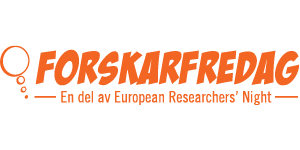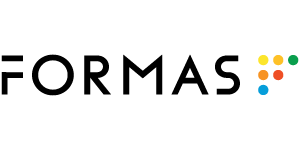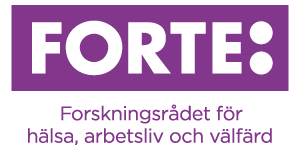Alexander Flaig’s presentation in Forskar Grand Prix 20/21 (Researcher’s Grand Prix 20/21)
Shaping sustainable markets
With our race to stop climate change, environmental pollution and resource depletion, many countries and much of research is focusing on developing and providing sustainable solutions.
However, despite promising and proven solutions, many solutions remain unused. And often you might hear or read that the problem is the market. More specifically, the lack or unattractiveness of a market.
But what is actually a market? If we look at research, we get some clues that help us describe a market. It is you, it is me, it is everyone that in some form is involved in selling, buying, using, producing, etc. a specific product or service.
But how do we get us all to actually start to buy, sell, produce, etc. a specific product/service? For this we need to understand how a market develops and how it can be shaped. Because once we know how to shape a market, we can ensure that sustainable solutions receive their sustainable market.
And this is what my research project focuses on. Understanding and providing actionable strategies on how to shape markets for sustainable solutions.
Contact
Alexander Flaig, Institutionen för ekonomisk och industriell utveckling (IEI), Linköping University








